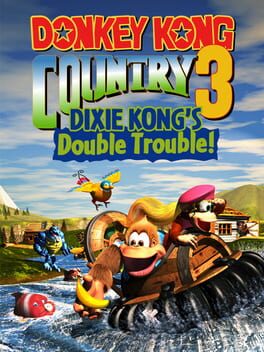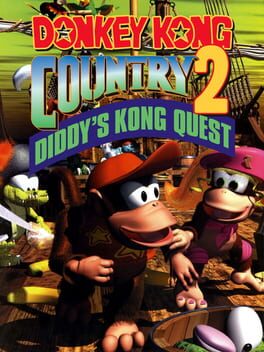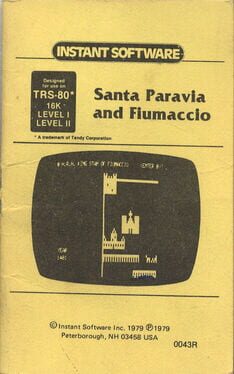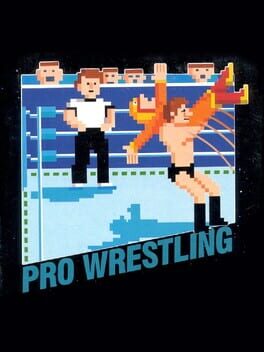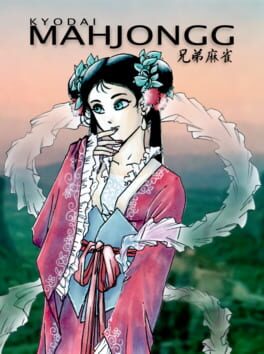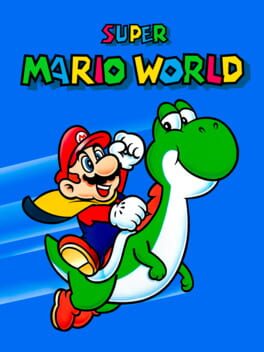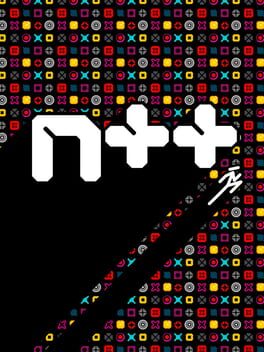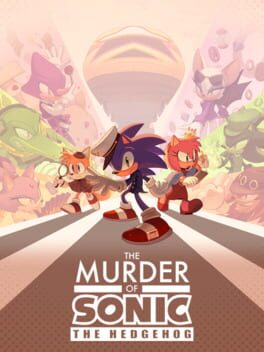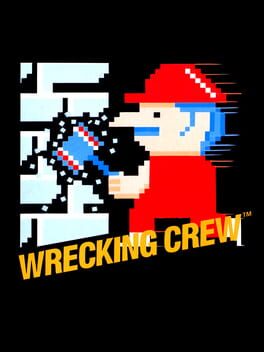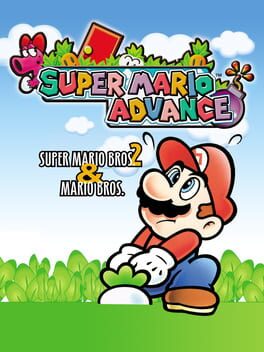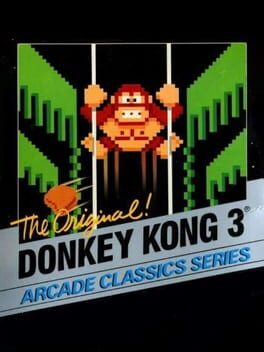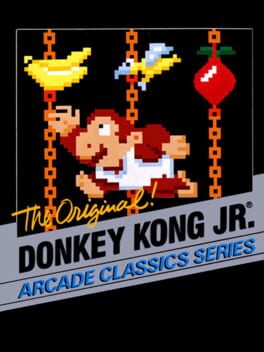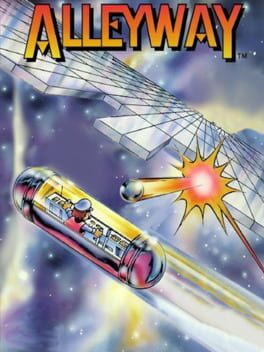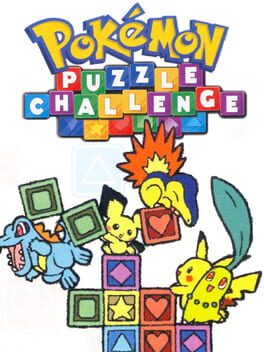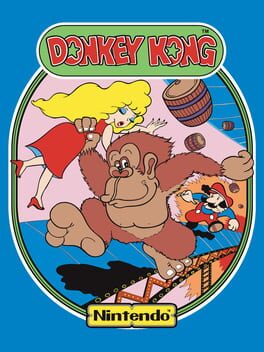DetectiveEma
Donkey Kong Country 3 is a great platformer that is all too often overshadowed by the excellent Donkey Kong Country 2 it was stuck being a sequel to. I think DKC2 is probably the better game on paper, if I had to pick one, but I think I personally prefer the vibes of DKC3?
I think it's a combination of a couple of factors. For one, I feel like the level aesthetics of DKC3 are a bit more to my taste, especially the lake shore levels and the overworld maps. DKC3 feels a bit better balanced in terms of the difficulty; it still has some tough challenges late in the game, but they don't get quite as hard as DKC2. And while they do get a bit samey, I appreciate the existence of the banana bird caves and the Brothers Bear for helping add more exploration and puzzle solving to the overworld.
If you've played the first two DKC games on SNES but not DKC3, you're missing out.
(Also the SNES version of the soundtrack is better than the GBA version, from what I've heard. Maybe I'll play that port someday.)
I think it's a combination of a couple of factors. For one, I feel like the level aesthetics of DKC3 are a bit more to my taste, especially the lake shore levels and the overworld maps. DKC3 feels a bit better balanced in terms of the difficulty; it still has some tough challenges late in the game, but they don't get quite as hard as DKC2. And while they do get a bit samey, I appreciate the existence of the banana bird caves and the Brothers Bear for helping add more exploration and puzzle solving to the overworld.
If you've played the first two DKC games on SNES but not DKC3, you're missing out.
(Also the SNES version of the soundtrack is better than the GBA version, from what I've heard. Maybe I'll play that port someday.)
The first Donkey Kong Country was already a pretty solid game, but Donkey Kong Country 2 nevertheless improves on it with more refined level design, better boss fights, a more consistent aesthetic, an even better soundtrack, and replacing the somewhat clunky title character with the more maneuverable Dixie Kong.
That said, while DKC2 is an outstanding game, but I do still have a few small gripes with it - primarily in the category of difficulty. It's definitely not the most welcoming, pick-up-and-play platformer, that's for sure. And some of the lategame and postgame challenges, especially stuff like Animal Antics, get egregious.
None of that undermines the game's core appeal, though. If you're considering DKC2 because you're curious about platformers, SNES games, or both, it's a very worthwhile game to try. Just be prepared for the fact that the game won't pull its punches for long.
That said, while DKC2 is an outstanding game, but I do still have a few small gripes with it - primarily in the category of difficulty. It's definitely not the most welcoming, pick-up-and-play platformer, that's for sure. And some of the lategame and postgame challenges, especially stuff like Animal Antics, get egregious.
None of that undermines the game's core appeal, though. If you're considering DKC2 because you're curious about platformers, SNES games, or both, it's a very worthwhile game to try. Just be prepared for the fact that the game won't pull its punches for long.
1986
Don't even bother; it's dreadfully boring and rough. I can forgive some of the early Famicom sports games like Tennis for being simplistic, but this was a Disk System game from years later. By that point, Nintendo definitely could've done better than this.
1997
Do you ever just, completely out of nowhere, remember a charming little shareware game you played a long, long time ago and haven't thought about in years?
Anyway, Kyodai. It's mahjongg solitaire with some nice music, and that's about it. Simple, but fun.
Anyway, Kyodai. It's mahjongg solitaire with some nice music, and that's about it. Simple, but fun.
1990
Calling Super Mario World a landmark title doesn't even remotely do it justice. It is just about everything a platform game could hope to be. It constantly throws new ideas at you, has a plethora of secrets to discover, and encourages you to explore and find them. Few things compare to the feeling of finding a hidden secret exit in this game for the first time. Super Mario World is, in my opinion, even a smidgen ahead of the already-excellent Super Mario Bros. 3.
Tubular out of 10.
Tubular out of 10.
2015
N++ is a fantastic followup to the classic and difficult ninja platformer, with stylish visuals, a great electronic/techno soundtrack, and more levels than I know what to do with. Sadly, I'm not hardcore enough of a platformer genius to clear every last one of them. If you're into this kind of really challenging, streamlined platforming, you'll probably have a blast with this one.
I played this having literally never played a Sonic game before, only really knowing the games and characters from friends who play the series and cultual osmosis, and I still had a good time. It's a fun little romp, with charming character moments in abundance. This is, essentially, a lovingly-illustrated and officially-endorsed fanfic. Very cute.
1985
I'm weirdly enamored by this game's puzzle design, but I really couldn't tell you why. Graphically, the game is alright but not especially impressive. The puzzles and hazards get kind of repetitive after a while. Despite involving Mario using ladders and hammers, the lack of a jump means that it doesn't actually feel much like Donkey Kong.
Something about Wrecking Crew just activates the part of my brain that likes "figure out the order of events"-style puzzle-solving. Easily the most impressive thing is the number of distinct levels (there's a hundred of them!), which gives the game a shocking longevity compared to other games of its era.
Something about Wrecking Crew just activates the part of my brain that likes "figure out the order of events"-style puzzle-solving. Easily the most impressive thing is the number of distinct levels (there's a hundred of them!), which gives the game a shocking longevity compared to other games of its era.
2001
Oh, port of a port!
Except... They actually made a pretty decent effort to give it some new content? I'm not just talking about the voice clips, either... There's new enemies, a new boss fight, an extra mode to re-explore levels to find hidden Yoshi eggs, and the debut of the Mario Bros. remake that got to show up four more times. I think one could make a pretty convincing case that this is the best way to play SMB2, which was already a good game.
Except... They actually made a pretty decent effort to give it some new content? I'm not just talking about the voice clips, either... There's new enemies, a new boss fight, an extra mode to re-explore levels to find hidden Yoshi eggs, and the debut of the Mario Bros. remake that got to show up four more times. I think one could make a pretty convincing case that this is the best way to play SMB2, which was already a good game.
1984
1983
Like its predecessor, Donkey Kong Jr. has interestingly varied level layouts and obstacles, but in practice I find it to be a much less enjoyable experience. Compared to Mario, DK Jr. feels worse to control, which is a kind of major problem. The single-vine vs. double-vine climbing mechanic is somewhat interesting, but not especially compelling. Donkey Kong Jr. is not necessarily a bad game, but it is nowhere near as memorable or fun as the original.
1989
By far the most aesthetically effective Panel de Pon re-brand. It's a shame this development team, to my knowledge, never made any other GBC games, as the spritework here is quite nice, making for a real visual showcase on the platform. Puzzle Challenge here can't quite live up the Super Famicom original, but it's still an excellent Panel de Pon / Pokemon mashup that does a great job blending the style and appeal of the two franchises.
1981
A revolutionary game with a bit of a clunky feel in hindsight. I don't think it's held up quite as well over the decades as Pac-Man, but it still gets a lot right for an early-'80s game. The four levels all have unique layouts and obstacles, Mario's somewhat slow movement means you have to be careful with your movements, and the game has a bit of challenge while not being too harsh. Comparing it to Super Mario Bros. shows how far platformer design and control would go on to improve over the first half of the '80s.
